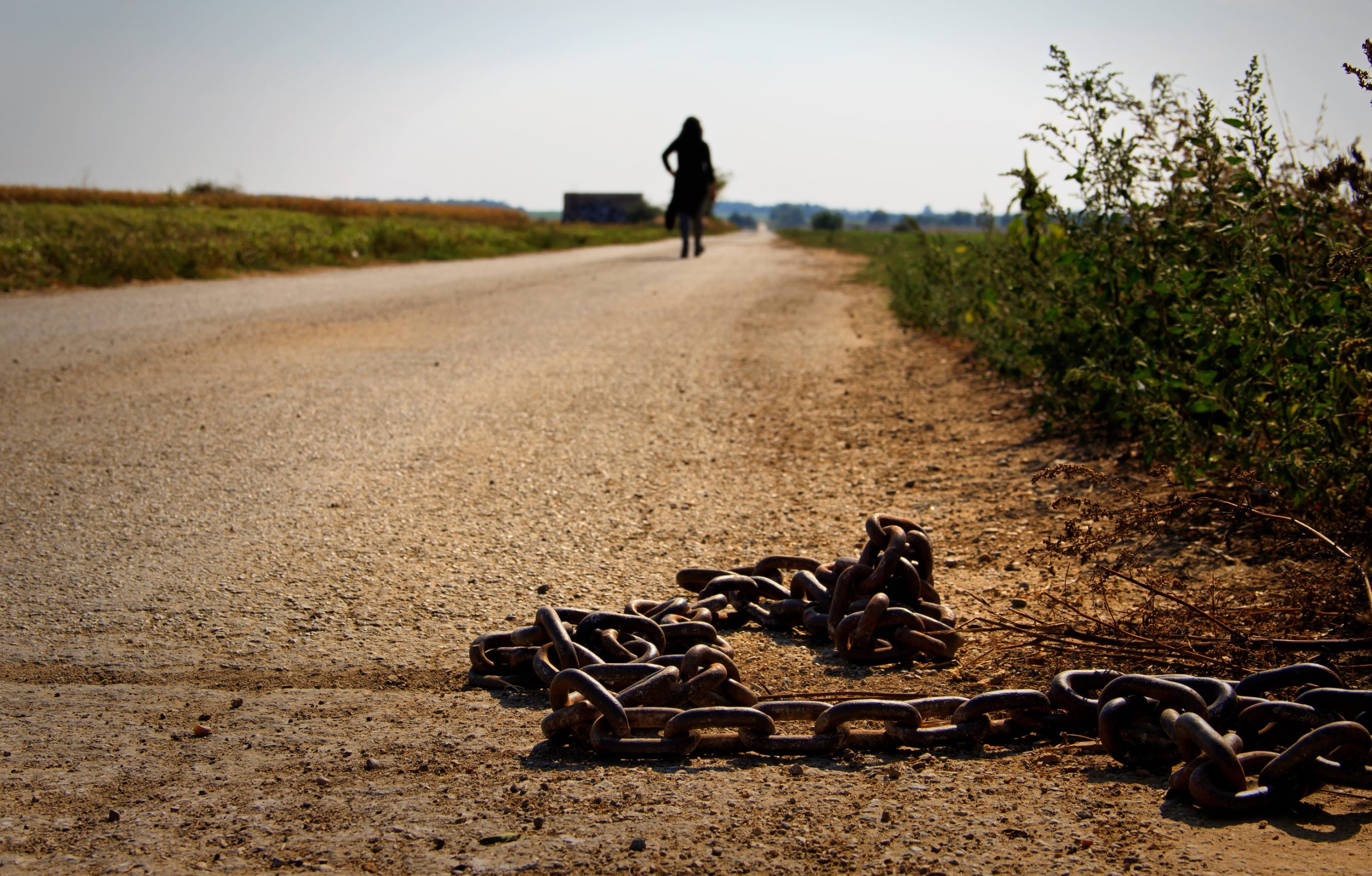
By: Andrew Shiroma
A sunny Saturday, bright blue shirts, and half a thousand people. As one of these people, I participated in Zoe International’s Unstoppable Hope, a rescue walk raising awareness and money to end child trafficking. We marched through the streets of southern California as a presence to represent the unrepresented and to give voice to the voiceless.
Slavery. What do you think about when you hear that word? Maybe you consider the transatlantic slave trade, where people were abducted to labor in the European colonies. Perhaps America’s history comes to mind, of clamoring crowds and Martin Luther King Jr.’s “I have a dream” speech. Maybe you think of ancient times and faraway places. Unfortunately, slavery continues today in our country, state, and city, where slavers exploit millions worldwide for billions of dollars from forced labor or sex.
This is human trafficking: the ‘modern’ form of slavery.
Unlike slavery in the past, human trafficking victims are often not bound by physical chains to their captor; rather, they are manipulated emotionally and psychologically and are financially and economically threatened. Sometimes victims do not see themselves as victims because their trafficker has led them to believe they are better off with them than elsewhere. Victims are often in a bad situation and already vulnerable before they encounter a trafficker. After befriending victims and gaining their trust, traffickers take advantage of the trust, manipulating them with promises of security and wealth while simultaneously reducing trafficked people to objects–property–a service to be thrown away once used.
This is the antithesis of Christ’s message. He creates humans with inherent and eternal value, in his image, and with the breath of life (Gen. 1-2). How contrary it is to declare humans are only as valuable as the services they provide! Each and every person is known fully and loved completely by Jesus Christ, the Redeemer who also has a personal hand in creation (Psalm 139:13). Those individuals who are being trafficked, are so much more than what they can make or do. They have eternal significance and value unmatched by any price tag that slavers can stamp on them.
What can we do as Gospel-motivated speakers of this truth? First and foremost we can pray. Without prayer–without God–we are only broken people in a broken world. The early church is shown in the book of Acts to be devoted to prayer and Paul writes in Thessalonians 5:17 to “pray without ceasing.” Prayer keeps our perspective focused on God. We can pray for hope for those in despair, realization for those in denial, healing for the survivors, and forgiveness and love for all.
Secondly, we can listen to survivor stories of trafficking. This reminds us that we’re not only addressing a life issue, but we’re speaking and acting to support unique individuals valued by God. Thirdly, we can learn and get involved. This includes going to websites such as the Polaris Project, the nonprofit that operates the U.S. National Human Trafficking Hotline, and Christian sources like Zoe International, Lutherans For Life, and Y4Life. Involvement can look like donating money to trusted organizations or participating in awareness events.
Lastly, we are called to forgive traffickers with Christ’s forgiveness. This is probably the hardest one. I know it is for me. Traffickers must receive the due consequences of their actions, but they are also lost, broken people, just like we once were. Christ came to seek and to save the lost–the worst of us (Luke 19:10). He gave us His grace, and we have no right to withhold it from others.
Lord, help me to be always rooted in You, guiding my actions and words as I interact with others. Give me Your eternal perspective and hope as I address one of the many problems of this world, as well as forgiveness for those I feel unwilling to forgive. Help me to love everyone, not out of my love, but Yours through the Holy Spirit. It is not of my power that I do things, but Yours. Amen.
